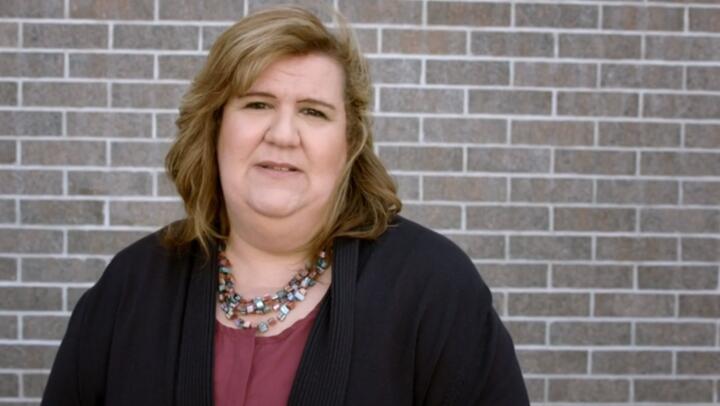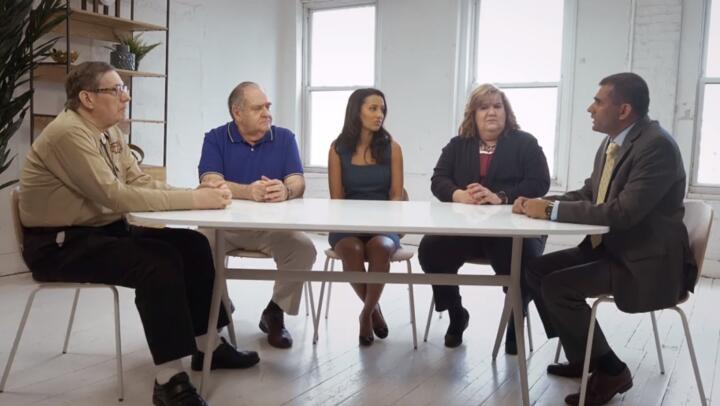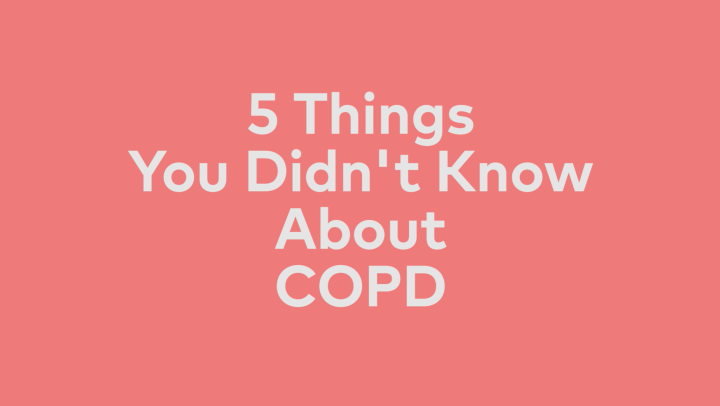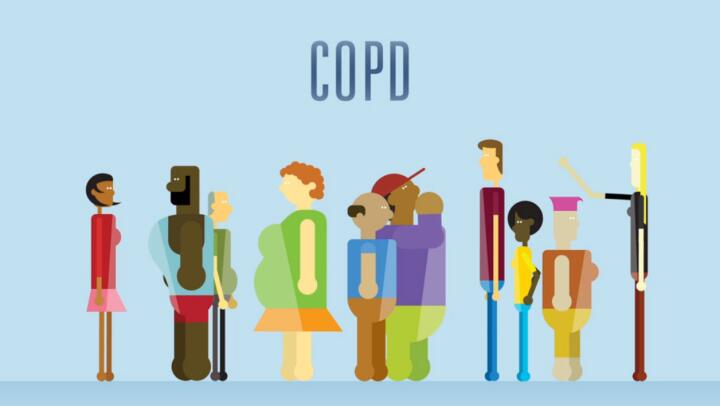Managing COPD can be challenging, which is why it’s important to build a strong relationship with your COPD doctor.
At your next appointment, don’t forget to mention if you’re experiencing these three things.

1. Uncontrolled COPD symptoms
If not properly managed, COPD can cause serious complications, like respiratory infections, heart problems, lung cancer, high blood pressure, depression, and more. Always tell your doctor if you’re experiencing COPD symptoms, like wheezing, shortness of breath, coughing, or excess mucus, especially if you’re sticking to your medication as prescribed. If you do notice any of these symptoms, your doctor can determine next steps to get your COPD better controlled.
2. Problems sticking to your treatment plan
Managing your COPD means you must follow your doctor’s treatment plan and commit to taking medications as prescribed. It’s also crucial to stop smoking; kicking the habit is the only way to stop COPD from getting worse. However, it can be hard to quit, and it can be challenging to keep taking your COPD medications if you’re experiencing side effects or your treatment schedule doesn’t work with your lifestyle.
If you aren’t able to stick to your treatment plan, there’s nothing to be ashamed about. Be honest with your doctor about why you’re having trouble so you can work together to find a solution, which might mean a smoking cessation program, a different drug, a tweak in your dosing schedule, or a new lifestyle change.
3. Changes in your mood
Dealing with a chronic condition like COPD can be tough, and it’s common for people to experience stress, anxiety, and depression as a result. In fact, about 40% of people with COPD are affected by some form of depression. Fortunately, there are effective resources available to help you cope with the emotional side effects of life with COPD, from medications to meditation.
Don’t be afraid to tell your doctor how you’ve been feeling. He or she can guide you to find the appropriate support and better manage your mental health. Getting outside help to boost your emotional wellbeing doesn’t mean you’ve failed; it means you’re using all the tools in your toolbox to live a fulfilling and healthy life.
Living with COPD can be difficult, but connecting with a doctor you trust can make all the difference. If you’re open and honest about what you’re experiencing, you’re on your way to staying in control of your condition.
















